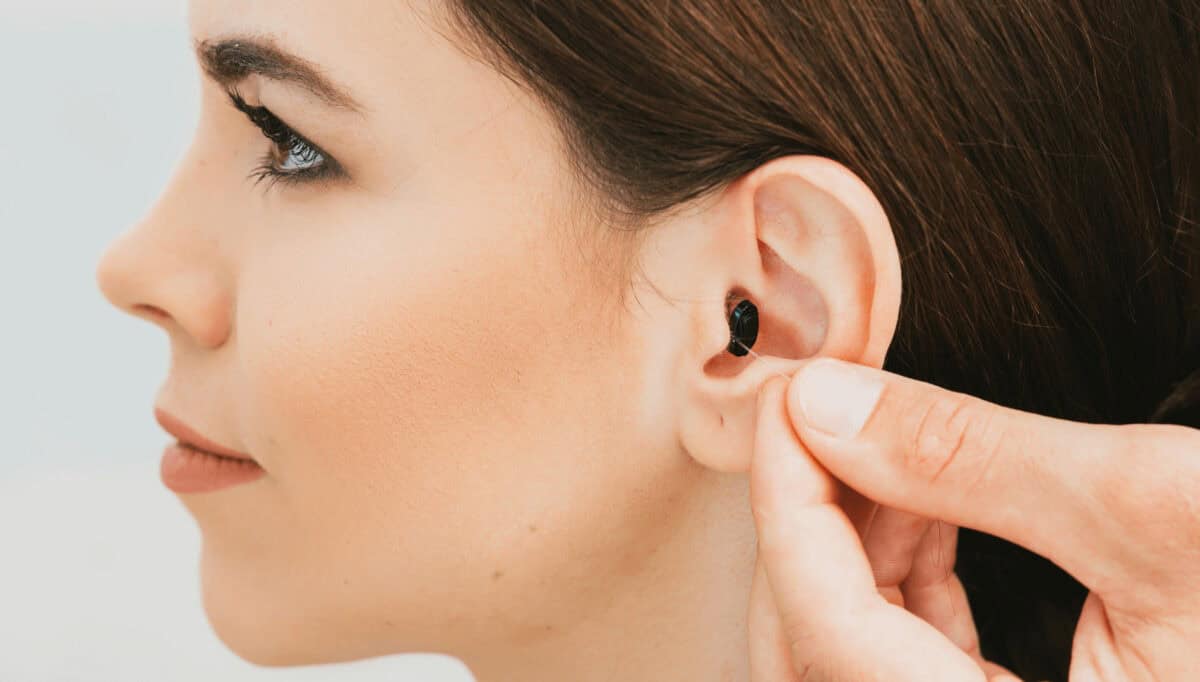Hearing loss has long been misunderstood, often shrouded in stigma and misconceptions. Many associate it exclusively with aging, imagining bulky, outdated devices as the only solution. Modern hearing aids, however, are rewriting this narrative.
These advanced tools restore sound and transform how society views hearing loss. With sleek designs, innovative features, and a commitment to improving quality of life, today’s hearing aids are profoundly impacting individuals and communities.
A New Era of Style and Functionality
Gone are the days of clunky, conspicuous hearing aids. Modern designs focus on discretion and elegance, blending seamlessly with everyday life. Some are so small that they sit invisibly within the ear canal, while others mimic the look of wireless earbuds. These innovations help reduce the hesitation people might feel about using hearing aids.
With manufacturers emphasizing aesthetics alongside performance, hearing aids now feel like a natural extension of personal style. This shift in design benefits the wearer and challenges stereotypes about hearing loss. When hearing aids look modern and appealing, they signal that addressing hearing health is not just practical but empowering.
The Role of Technology in Breaking Barriers
Modern hearing aids leverage cutting-edge technology to provide features far beyond amplifying sound. Many devices include Bluetooth connectivity, allowing seamless integration with smartphones, TVs, and other devices. Some even come equipped with apps that let users adjust settings in real-time for different environments.
Noise-canceling capabilities, directional microphones, and adaptive sound processing ensure clarity in conversations, even in challenging settings like restaurants or outdoor events. These technological advancements make hearing aids feel less like a necessity and more like a sophisticated gadget, reshaping perceptions around their use.
Connecting Hearing Loss to Overall Health
The conversation around hearing loss is shifting, with increasing recognition of its connection to overall health. Studies highlight links between untreated hearing loss and cognitive decline, depression, and social isolation. This growing awareness encourages people to view hearing health as integral to their well-being.
Regular hearing health exams are becoming a cornerstone of proactive health care. These assessments identify potential issues early, empowering individuals to seek solutions before they impact daily life. Modern hearing aids, as a result, are seen as tools for better hearing and investments in long-term health.
Amplifying Social Confidence
One of the most remarkable changes brought about by modern hearing aids is their ability to restore confidence. Struggling to hear in conversations often leads to frustration or withdrawal from social settings. Advanced hearing aids help tackle these challenges, making communication smoother and more enjoyable.
Features like speech enhancement and background noise reduction create a listening experience tailored to the wearer’s needs. This boost in confidence helps individuals re-engage with family, friends, and colleagues, creating stronger connections. The ripple effect of these improvements further challenges outdated notions of hearing loss as a limiting condition.
Changing Attitudes Through Advocacy and Education
Public awareness campaigns and advocacy efforts have played a significant role in changing perceptions around hearing loss. Organizations emphasize the importance of hearing health exams and destigmatize the use of hearing aids through education. Testimonials, storytelling, and increased media representation of hearing aid users normalize the experience, encouraging more people to seek help without hesitation.
Looking Ahead to a Hearing-Positive Culture
As technology continues to advance, hearing aids will likely become even more integrated into everyday life. Features like AI-powered sound adjustments, health monitoring, and rechargeable batteries are just the beginning. This progress further cements the idea that hearing aids are tools for enhancing life, not just managing a condition.
With more people prioritizing their hearing health, the stigma surrounding hearing loss diminishes. Conversations about the importance of regular hearing health exams, along with widespread acceptance of hearing aids, pave the way for a hearing-positive culture.

